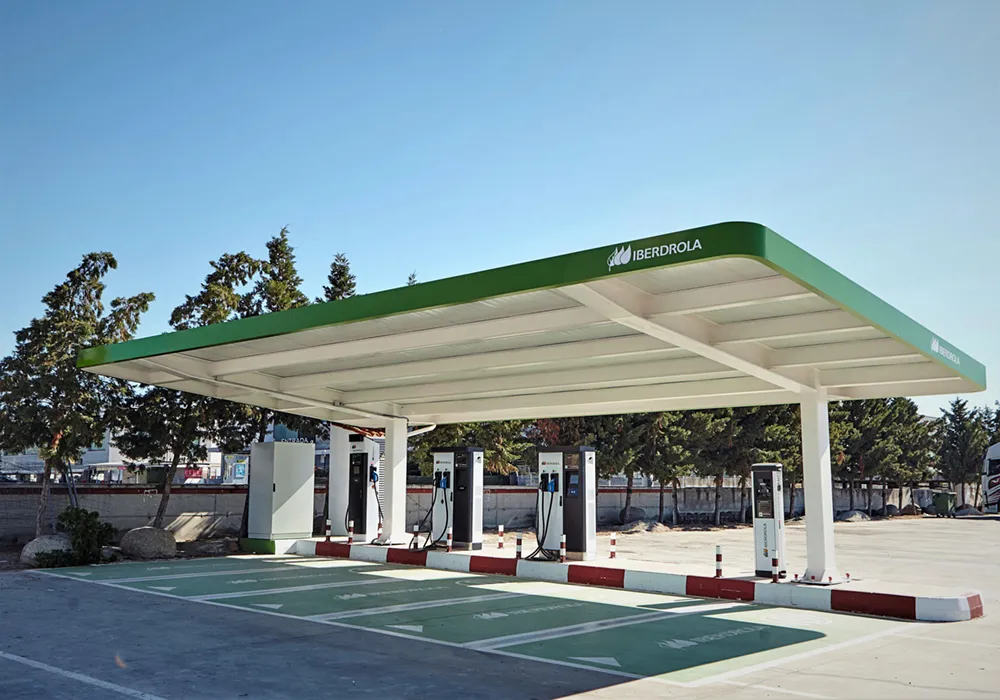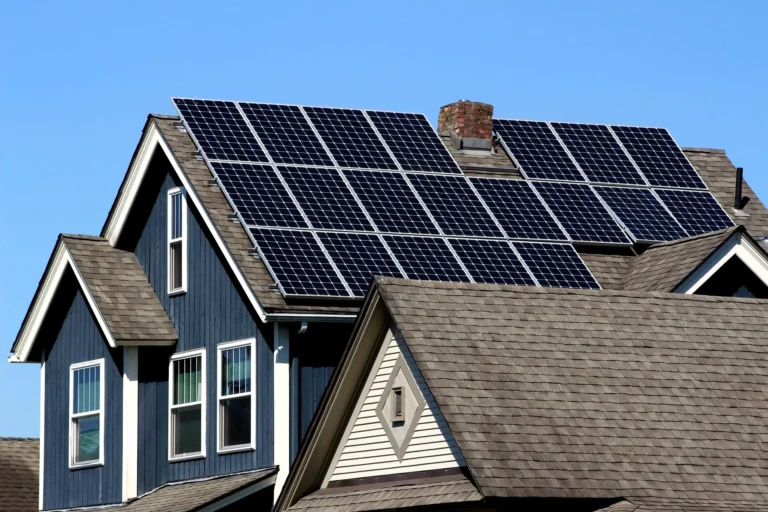
Iberdrola España Reaches 10,000 Public Charging Points, Strengthening Spain’s EV Transition
Iberdrola España, the Spanish subsidiary of the global energy group Iberdrola, has achieved a significant milestone in its mission to advance sustainable mobility and accelerate the energy transition. The company announced that it now has 10,000 public charging points in operation across Spain, a network with the capacity to serve up to one million electric vehicles (EVs). This achievement firmly positions Iberdrola as a national leader in electric mobility infrastructure and a key driver of Spain’s transition away from fossil fuels.
A Decade of Progress in EV Charging
Iberdrola installed its first charging point in 2016, when the adoption of electric vehicles in Spain was still in its infancy. At that time, EVs represented a niche market, and the supporting infrastructure was limited to a few urban pilots. Despite this, Iberdrola recognized the long-term potential of clean mobility and committed early to the development of a nationwide charging network.
Now, nearly a decade later, the company’s foresight has paid off. With 10,000 chargers now available, Iberdrola España has consolidated its role as a pioneer and leader in all charging power segments. From standard AC chargers designed for daily use in cities to high-power and ultra-fast charging stations located on highways, the company offers solutions that make EV adoption more convenient for drivers across the country.
This expansion comes at a critical moment, as Spain aims to meet the European Union’s Fit for 55 targets and broader decarbonization goals. The EU has mandated that by 2035, new cars sold must be zero-emission, meaning that a robust and accessible charging network is indispensable for enabling consumer adoption.
Leadership in High-Power and Ultra-Fast Charging
Among Iberdrola’s 10,000 charging points, more than 2,700 are high-power chargers capable of significantly reducing charging times. Of these, 1,300 are ultra-fast chargers, the segment most crucial for long-distance travel and heavy daily use. Ultra-fast chargers can replenish an EV battery in minutes rather than hours, solving one of the main concerns for potential EV buyers: range anxiety.
A major part of this rapid scaling has been made possible through Iberdrola | bp pulse, a joint venture established in December 2023 between Iberdrola España and bp. The partnership combines Iberdrola’s leadership in renewable energy with bp’s extensive presence in service stations across Spain. Together, the two companies have been able to expand the availability of ultra-fast charging on major highways, ensuring that EV drivers can travel seamlessly across regions. The venture has quickly established itself as Spain’s leading ultra-fast charging provider, and it is expected to play an even greater role in the years ahead.
100% Renewable Energy Supply
An important distinction of Iberdrola’s charging network is its reliance on 100% green energy. All charging points are supplied with electricity generated from renewable sources such as wind, solar, and hydro, certified with a guarantee of origin. This ensures that EV drivers not only avoid tailpipe emissions but also contribute to a cleaner electricity system as a whole.
By integrating renewable energy into its charging network, Iberdrola is addressing one of the most common criticisms of electric mobility—that it simply shifts emissions upstream to the power sector. Instead, Iberdrola’s model guarantees that every kilometer driven using its network is powered by clean, emissions-free energy.
This approach aligns with Iberdrola’s broader corporate strategy of promoting decarbonization and building a system independent of fossil fuels. It also reflects Spain’s increasing reliance on renewables, which already make up a significant portion of the country’s energy mix.
Supporting the Energy Transition and Economic Growth
The expansion of Iberdrola’s charging infrastructure is not only an environmental achievement but also an economic one. Building and maintaining this vast network requires collaboration with municipalities, private businesses, real estate developers, and transport operators. By partnering with supermarkets, shopping centers, hotels, and industrial parks, Iberdrola ensures that charging points are located in convenient, high-traffic areas where they can generate maximum value.
Furthermore, this investment creates skilled jobs in engineering, installation, maintenance, and digital services. As Spain works to build a green economy, companies like Iberdrola are proving that climate action and economic growth can go hand in hand.
A Network Ready for the Future
With 10,000 chargers now active, Iberdrola España has laid the foundation for mass EV adoption in Spain. However, the company’s ambitions extend far beyond this milestone. It plans to continue expanding the network to meet rising demand as more Spanish consumers and businesses switch to electric vehicles.
Projections from industry analysts suggest that by 2030, Spain could have several million electric cars on its roads. Meeting the charging needs of this growing fleet will require not just more infrastructure but also smart technologies such as vehicle-to-grid (V2G) integration, demand-side flexibility, and digital platforms for real-time monitoring. Iberdrola is already investing in many of these areas, positioning itself as not just an operator of chargers but also a digital innovator in mobility services.
A Symbol of Commitment to Clean Mobility
For Iberdrola España, reaching 10,000 charging points is more than just a number—it represents a decade-long commitment to transforming how Spaniards move. It underscores the company’s belief that emissions-free, efficient mobility is not only possible but inevitable.
From its first charger in 2016 to today’s expansive network, Iberdrola has helped dismantle one of the major barriers to EV adoption: lack of infrastructure. Now, as Spain’s roads gradually electrify, the company is playing a central role in ensuring that clean mobility is practical, reliable, and powered by renewable energy.







